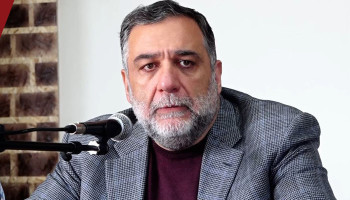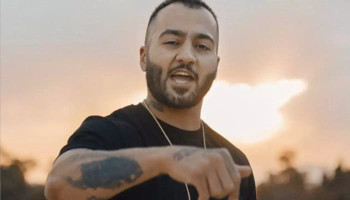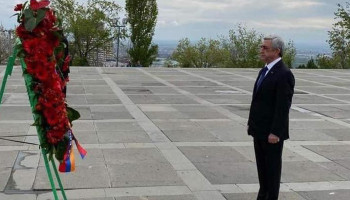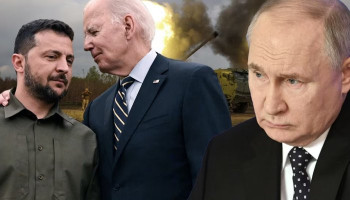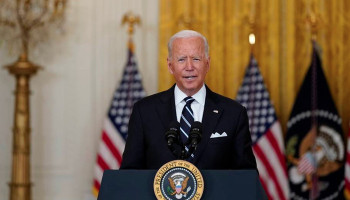He died for 145 dollars: Boxer's death spotlights need for reform
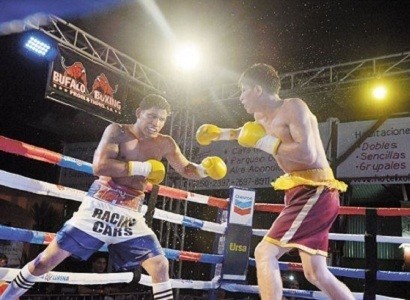 With a modest record of 6-5-1, Nicaragua’s David “El Terry” Acevedo wasn’t on anyone’s radar. And when the 23-year-old died this past Saturday from brain injuries sustained on November 14 in a mid-card bout held in Managua, it barely registered as a blip on the boxing radar. But his death adds yet another tragic chapter to boxing’s Book of the Dead and it should speak volumes to those advocating major improvements in the regulation of the sport. With no mandatory medical supervision until the day of the fight, Nicaragua has been lucky that their combat sport death toll is low (official records indicate Acevedo’s death was their first boxing fatality). What passes for a boxing commission in Nicaragua doesn’t even require blood work or neurological exams for its fighters. The extent of their medical testing is limited to a general check-up and a basic blood pressure test prior to the bout. Everybody around Acevedo knew of his precarious state of health and the risk involved in sending him to the ring, but nobody stepped in to stop things and those with the authority to actually protect the fighter from himself sat passively by, having done the bare minimum required of them. Even Acevedo, himself, knew that he was treading on very dangerous ground and risking his life in pursuit of his dream. “My son told me ‘Dad, if I can get to the next level, I promise I’ll take better care of myself,’ “Acevedo’s father, David Sr. said. “My son’s dream was to fight internationally, to represent his country with pride, to show them what we’re made of…and he was fighting so hard for a chance to get those better fights.” At the Hotel Xolotlan, in what would be the final ring battle of his life, “El Terry” fought on unsteady legs throughout the bout against fellow mid-card club fighter Nelson Altamirano, but began to lose his balance more and more as the fight progressed. By the middle rounds, Acevedo was fighting on will power alone and began to blink hard, as if squinting to maintain focus. “I wanted to stop the fight in the fifth round,” trainer Pedro Marquez said. “I saw him without any energy or strength. I asked him how he was and he said ‘fine,” that he could score the knockout…and his father [who was also working Acevedo’s corner] let him continue.” With seconds to go in the eighth and final round, Acevedo could take no more and clutched at the top rope to indicate that he was done. The ref moved in to wave off the fight just as a towel of surrender flew in from Acevedo’s corner. The young fighter would collapse and be taken to a nearby hospital where he was found to be suffering the effects of the all-too-common boxing injury—a subdural hematoma (or bleeding on the brain). Bufalo Boxing, in an apparent effort to distance itself from the stain of promoting Nicaragua’s first official ring death, would edit out Acevedo’s collapse from their YouTube-posted fight video. The young battler remained in a coma for nearly a week before eventually succumbing to his injuries. In the days following Acevedo’s death, several Nicaraguan boxers and trainers have spoken up, demanding more stringent medical testing from the commission. Gustavo Jarquín , the secretary general of the Nicaraguan Professional Boxing Commission (Conibop), has been delivering mixed messages of reform to the public in the wake of this tragedy. “We’re troubled, hurt…We’re going to do a number of things to review boxing [regulation and medical testing requirements] to avoid these situations,” Jarquin said through a media-issued public statement. “[But] these things don’t just happen in boxing…they also happen in baseball, in soccer…It’s not just boxing bringing mourning to Nicaraguan families…This is not typical. It’s the first time in our history that something like this has happened.” But whether the commission will be moved to act or not, it will be too late for the young fighter with dreams of raising the blue and white of the Nicaraguan flag on international soil. David Acevedo, whose family was recently handed the 4,000 córdobas (roughly 145 U.S. dollars) owed to him for his final fight, falls as yet another example of a fighter allowed to essentially kill himself in the presence of a boxing commission unable and/or unwilling to do anything about it. For the Acevedo family, though, David’s death is a tragedy that transcends the broken dream upon which their family identity has been built. “I don’t want anymore boxing for my sons,” David Sr. told reporters with raspy voice and tears in his eyes. “I don’t want to hear anything about boxing.” |











